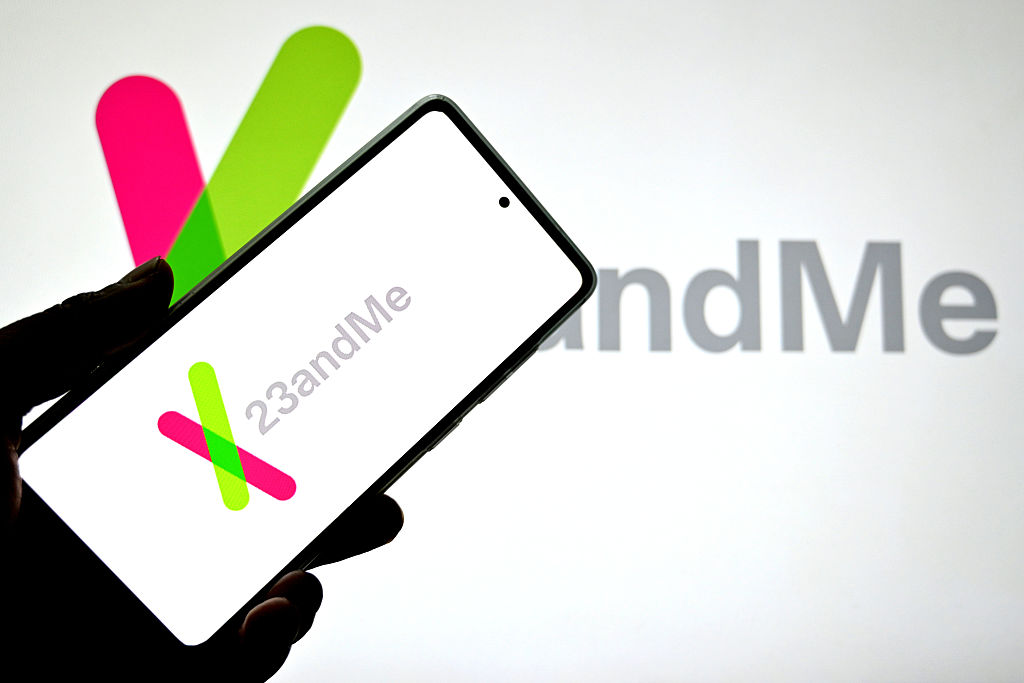Editorial Note: Opinions and thoughts are the author’s own and not those of AFROTECH™.
Since Mark Zuckerberg created Facebook, knowing how to code has been one of the most in-demand skills of the century. Millennials were first exposed to the world of programming via Myspace, where users could use HTML & CSS to customize their profiles to their liking. During the focus on code, there have been increasingly more companies focused on making it so anyone who wants to create an app or a website can do it without having to have studied computer science. Since the early days of the dot-com era, companies have been developing tools to make website creation accessible to those without a background in computer science. WordPress is one of the first to do this at scale—and one of the most recognizable.
WordPress was founded in 2003 by Matt Mullenweg, focusing on making blogging more accessible for people who did not know how to write HTML/CSS & Javascript. As of 2024, 44% of all websites are hosted on WordPress technology, and its holding company, Automattic, values it at $7.5B. Following in its footsteps, companies like Squarespace and Wix soon emerged, offering even more ways for people to bring their digital ideas to life. The next evolution in accessible software development came with the rise of the low-code movement, aimed at empowering anyone to build fully functional websites and apps—going beyond simple blogs to create interactive digital experiences. Shopify was founded in 2006 in Ottawa, Canada, and started as an online snowboard equipment company called Snowdevil. Frustrated with existing e-commerce tools, they built their own to sell their products. Realizing their solution had even greater potential than their original business, they shifted their focus entirely to what would eventually become Shopify. Shopify is now worth $149B and is the go-to place for anyone looking to build an e-commerce business. Founded in 2013, Webflow set out to make app and website creation accessible to those without coding expertise—while still delivering the high-quality, production-ready code required to launch professional digital experiences for users and clients. They were the leaders in ushering in the low code movement that was looking to enable anyone to go from an idea to something someone could use. Today, due to the advent of artificial intelligence, we now have new players in the space who have been able to build companies that have enabled people to build websites and apps for iPhone and Android. The company that is getting a lot of attention right now is Cursor. Cursor is an AI code assistant that enables people to write code by leveraging their auto-complete code feature and their AI agent that helps people code. While this has enabled people across the globe to help with coding, what about the people who want to make things for themselves inside companies? That is where a company called Replit comes into play.
Replit, Google, and Zillow collaborated to enable members of Zillow’s marketing team—many of whom had no coding experience—to launch a product used by real Zillow users. These advancements in simplifying software creation have significant positive implications for technologists of color, providing them with the tools to bring their ideas to life.
Replit enables people to build mobile or web applications just by typing in what they want. For example, if you were looking to make an app that would remind you of certain events or things in a certain way, you could type in, “Make a website that reminds me once a day that I need to drink water.” The AI agent then would do what’s needed for that to happen without you coding any of it yourself. This will enable those folks who have ideas but are always looking for someone to build it with them or for them to now just open their web browser or their phone and make it on their own.
Breakthroughs like these are necessary to bring diverse visions of software to life. Over the past 20+ years, those with coding skills held more leverage in the tech world due to the scarcity of that expertise. However, as coding becomes increasingly commoditized, I believe the balance of power will shift toward those with institutional knowledge, a talent for design, storytelling, and the ability to spot overlooked opportunities.
Over the years, I have often had people ask if I knew anyone who could code. Now that anyone can code by knowing how to type, I hope to see fewer people looking for people who can make things for them and more people focusing on making things themselves.

















